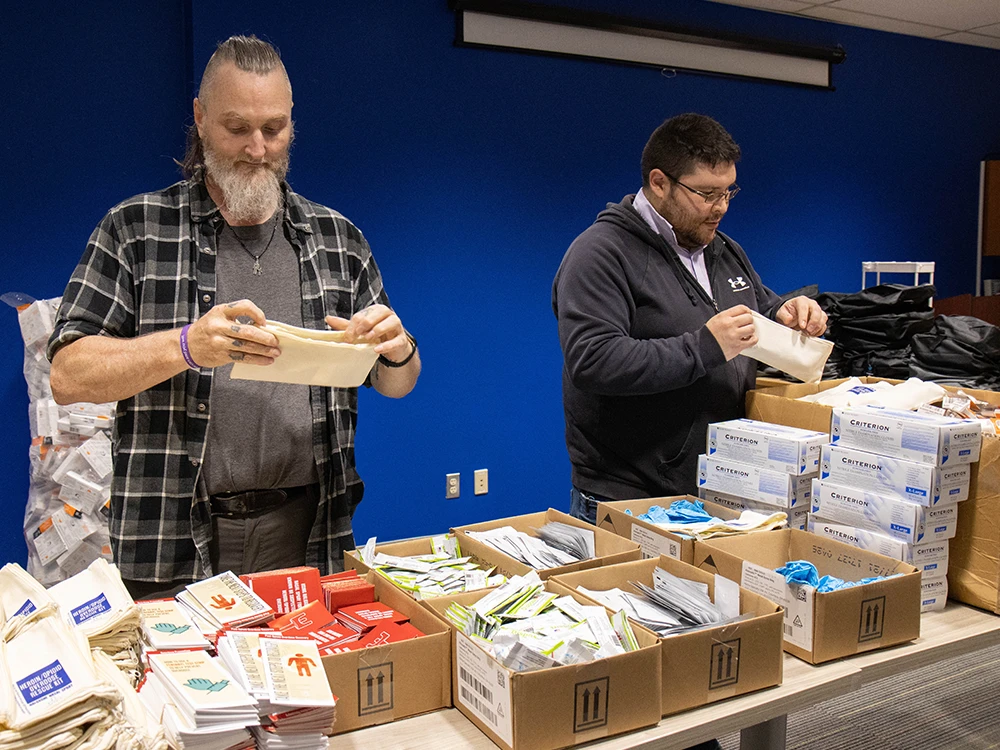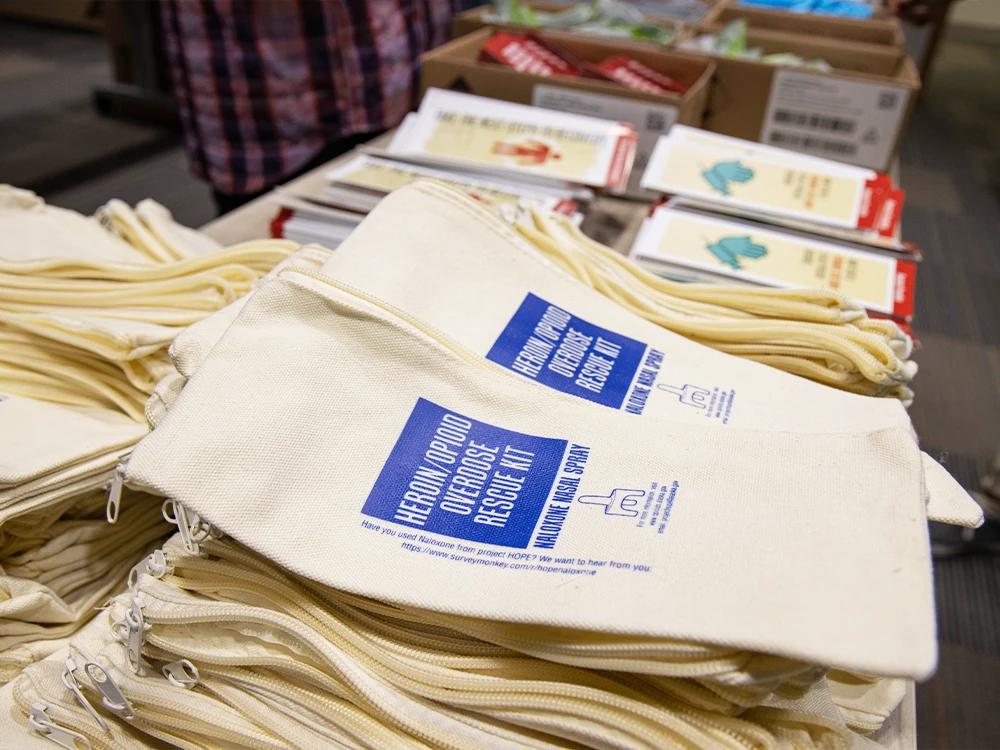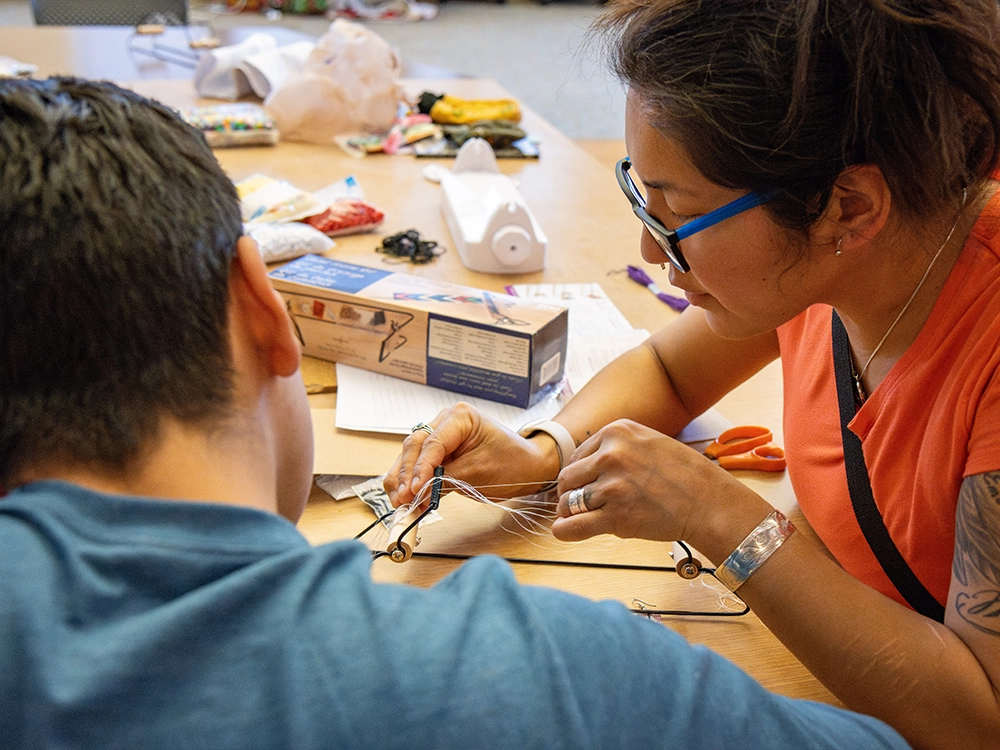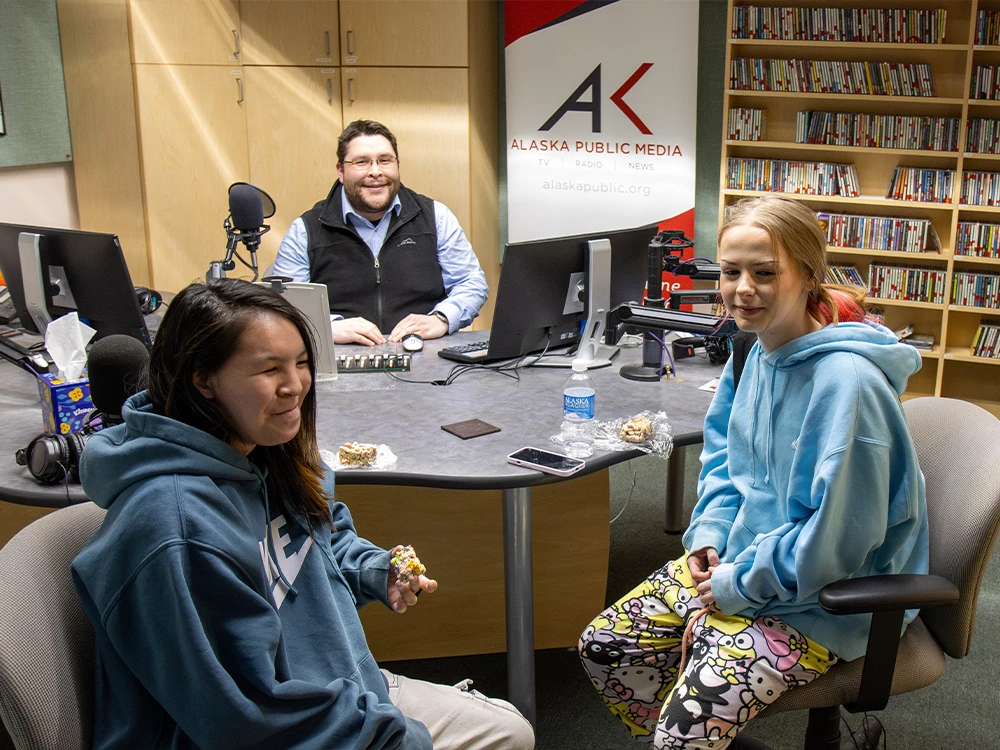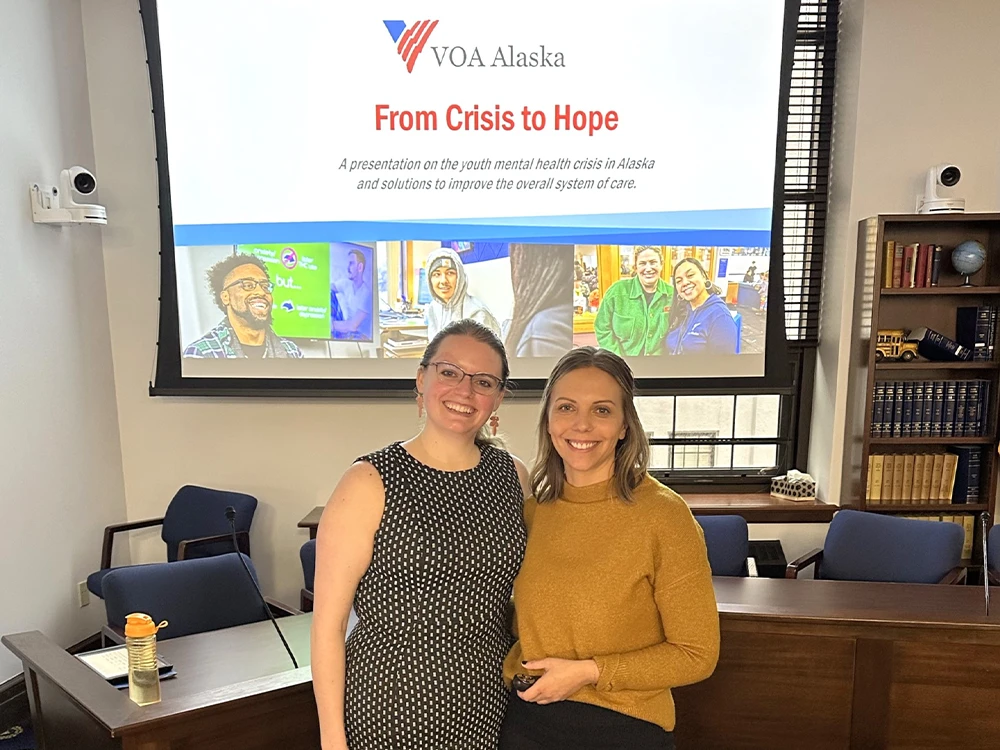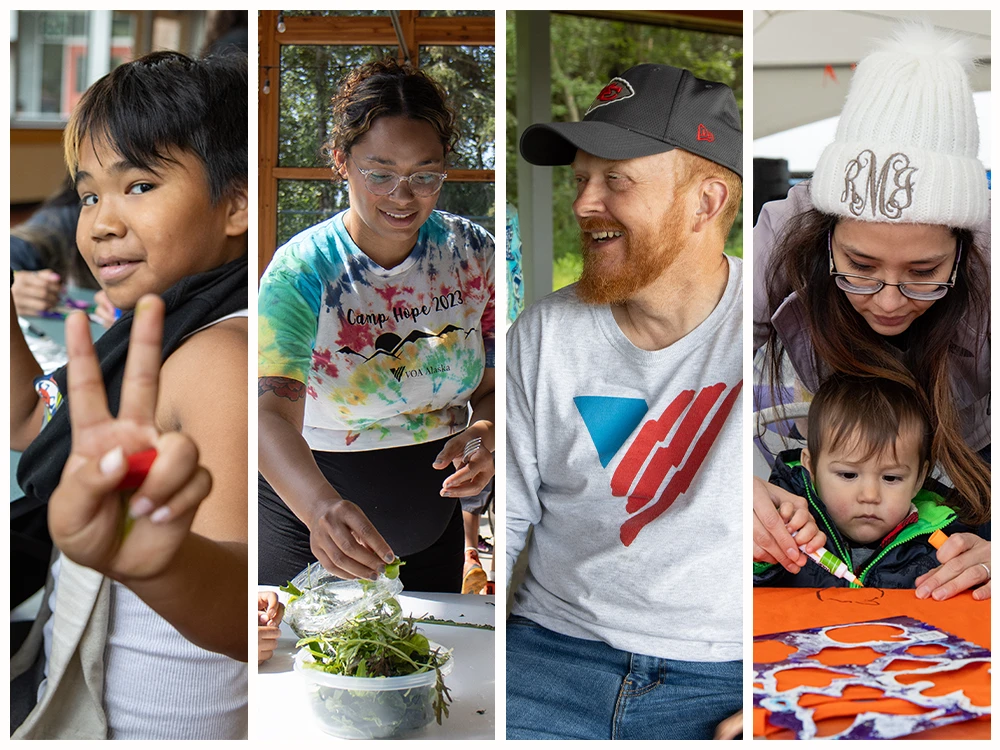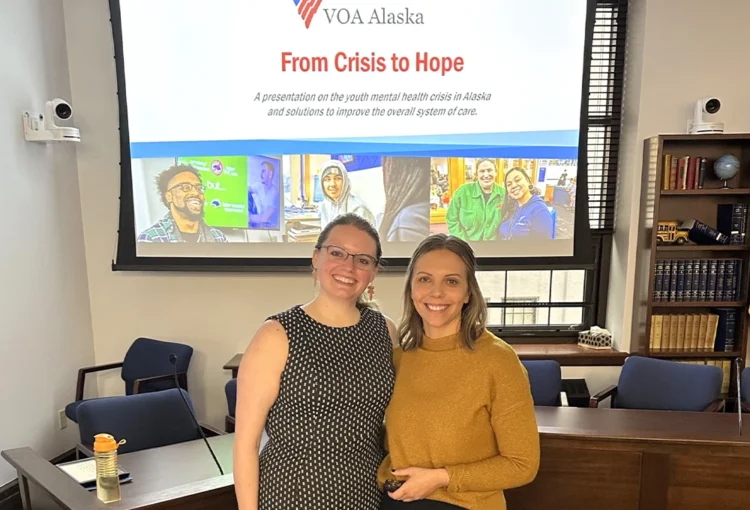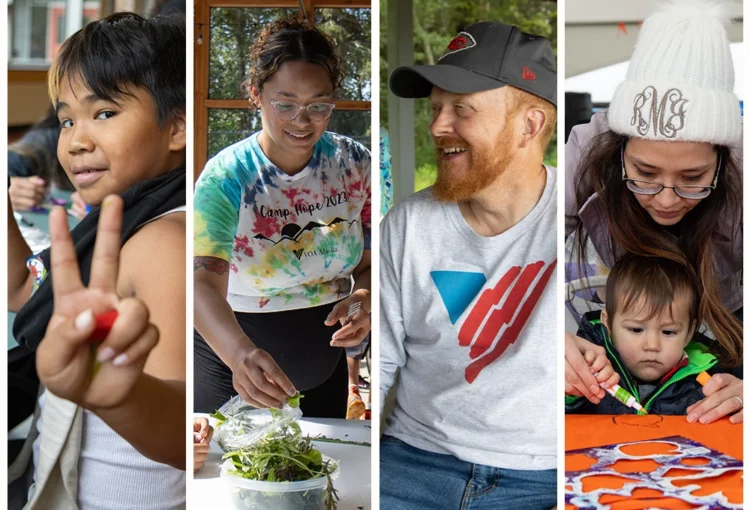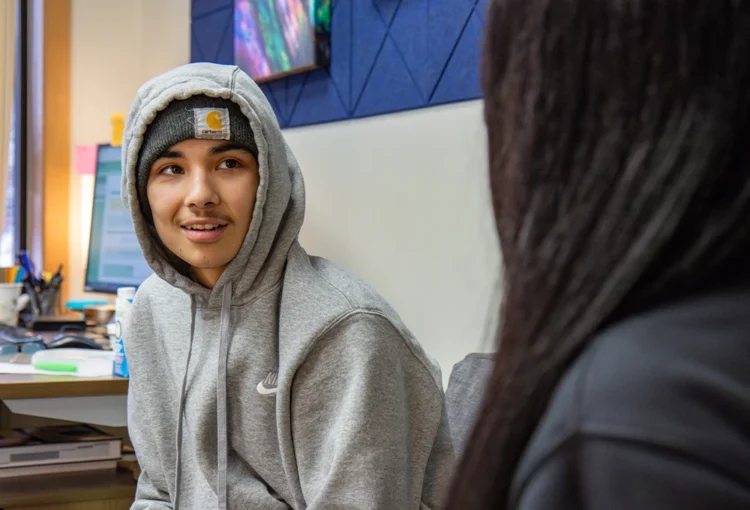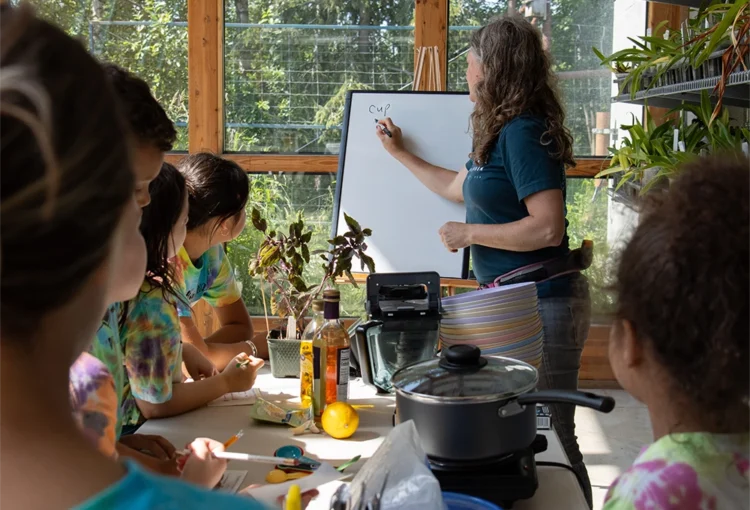Alaska is seeing a rise of overdoses involving fentanyl, a deadly synthetic opioid that is being added to or sold as counterfeit pills and other drugs. A lethal dose is only 2 milligrams, a small enough amount to sit on the tip of your finger. Many who overdose were unaware they were ingesting fentanyl. In fact, it’s the number one illicit drug found during urinalysis at VOA Alaska and many youth express shock and confusion, not knowing that the Xanax, Oxycodone, weed, or other drugs they were taking contained such a deadly substance.
A youth resident in ARCH, our residential treatment center, shared a frightening story of asking a friend for Percocet and unknowingly being given fake pills made with fentanyl.
“I thought I could trust my friend. She said she gave me Perc, but I found out later it was 100% fentanyl because of my drug test. I overdosed and went to the hospital. I don’t remember much of it, but I don’t want to die.”
Here is what you need to know to keep yourself and your family safe…
Assume that fentanyl is in every drug offered to you.
We cannot overstate the danger. Most people taking fentanyl are not looking for fentanyl, but it’s prevalent in everything. The Alaska Department of Health warns that we should “assume all pills offered to you are fake and contain fentanyl.” You can’t taste it or smell it, and there’s no to way to identify it in a substance just by looking at it. It’s even being added to marijuana, mushrooms, and other drugs. If someone is trying to sell it to you, assume it’s laced with fentanyl.
It’s also important to remember that just because you or someone else taking a substance does not feel any extreme effects immediately, you may still be in danger. Overdose symptoms may not begin until long after you’ve gone to bed or left friends.
Know the signs of an overdose and call 911 immediately.
If you believe someone is experiencing an overdose, no matter the substance, call 911 immediately. Here is what to look for:
- Unconsciousness or inability to wake up.
- Limp body.
- Extreme drowsiness.
- Slow, shallow, irregular breathing.
- Pale, blue, cold or clammy skin.
- Slow or no heartbeat.
If you are concerned that someone is using substances and are at-risk of an overdose, stay with them! If it is in the middle of the night, make sure they are breathing.
Don’t let the worry of getting in trouble stop you from calling 9-1-1 and saving someone. You’re protected when you’re trying to save a life! Remember to:
- Remain with the person suffering an overdose until medical help or the police arrive.
- Cooperate with the police or medical personnel who arrive.
- Provide your identification.
Don’t hesitate to save a life! Learn more in the Alaska Youth Law Guide.
Every teen knows someone who has been exposed to fentanyl, if it’s not themselves.
In April, the Anchorage Daily News reported that 10 high school students had apparent overdoses. Half of those involved fentanyl, and all but one occurred on school campus. If a teen is looking for drugs, they know where to find them.
If you are a parent or caregiver, monitor your child’s social media usage. The youth we serve tell us that Snapchat makes it easy to find dealers. Even TikTok trends are encouraging substance use.
If you are a teen or young adult, be mindful of the social media accounts you follow and how they are influencing you. An overdose, especially from fentanyl-laced counterfeit drugs, can happen to anyone. Even you or your friends. All it takes is a tiny, undetectable amount to kill you. Even if you survive an overdose, you can be faced with life-altering physical and cognitive impacts.
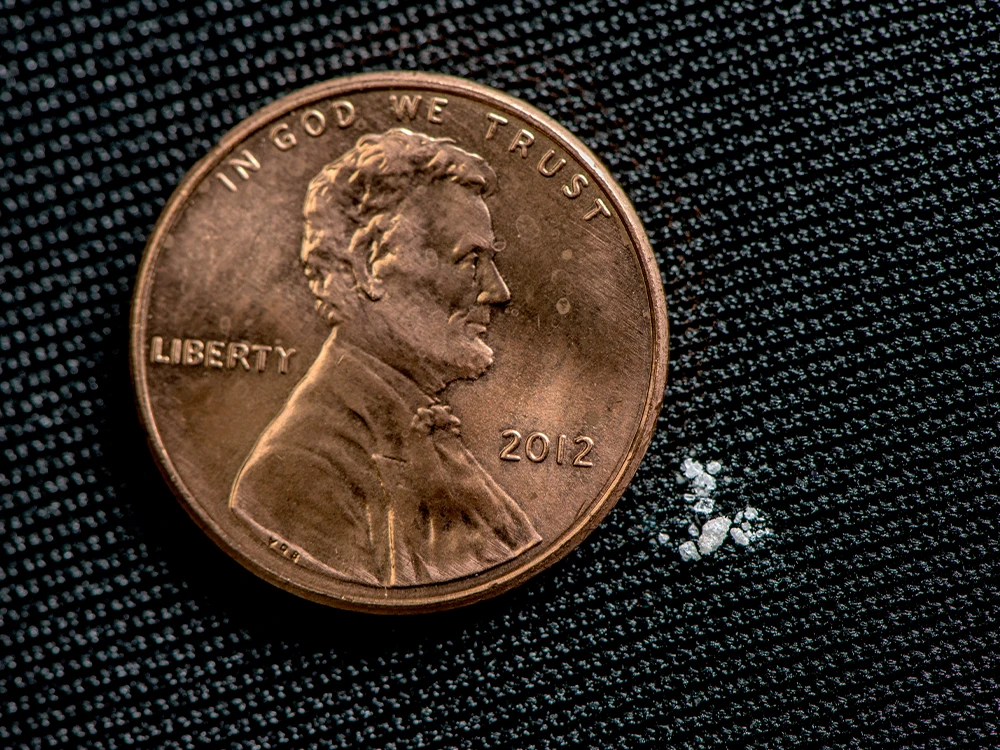
Teens use substances to feel connected, cope with stress, and forget about what’s troubling them.
If you are a parent or caregiver and concerned about your child’s safety, talk with them. We know it can be difficult to ask your child about substance use, so here are a few tips:
- It begins with having a relationship and knowing your teen. Spend time with them, share meals, know their friends, and be observant for changes in mood, personality, or behaviors.
- Using a calm, caring, and curious approach will encourage your teen to share with you. If they are struggling to maintain abstinence, know this can be a normal part of the journey so keep walking alongside them, sharing your love and support and connecting with them to healthier alternatives. If they can’t share with you, help them find a safe adult they can talk to. The opposite of addiction is connection.
- Don’t wait to get support. Often, there are warning signs prior to overdose and other substance related consequences such as suspension or expulsion, or legal involvement.
- Contact VOA Alaska today at (907) 279-9640 to find immediate connection with a caring professional who can help you find the support you and your family needs.
If you are a teen or young adult and are feeling disconnected, stressed, anxious, or unsure about how to cope with life’s challenges, you are not alone! We are here for you, and our team strives to provide a safe place for you to find the help you need. Ask for help—talk to your family, your teachers, your counselor, your friends. Tell someone.
Keep a Naloxone overdose first aid kit on hand.
Naloxone can reverse the effects of an opioid overdose and save lives. However, fentanyl is so toxic that it can render Narcan less effective—another warning for just how dangerous fentanyl is!
Additionally, an opioid overdose can last 4 to 5 hours, and Naloxone will only stay active in the body for 30 – 90 minutes. If you suspect someone is overdosing, no matter the drug, call 911 immediately, and then administer Naloxone.
VOA Alaska has overdose kits available for anyone that would like one, and they are absolutely free! We also have medication disposal kits on hand, so you can safely dispose of expired pills and other medication. To learn more about the overdose kits and how to use them, please contact Aaron Osterback, VOA’s Prevention Coalition Coordinator, at (907) 419-7852.
If you would like to speak with someone to learn more about keeping yourself or your family safe from fentanyl, please do not hesitate to contact our Client Care team at (907) 279-9640.

